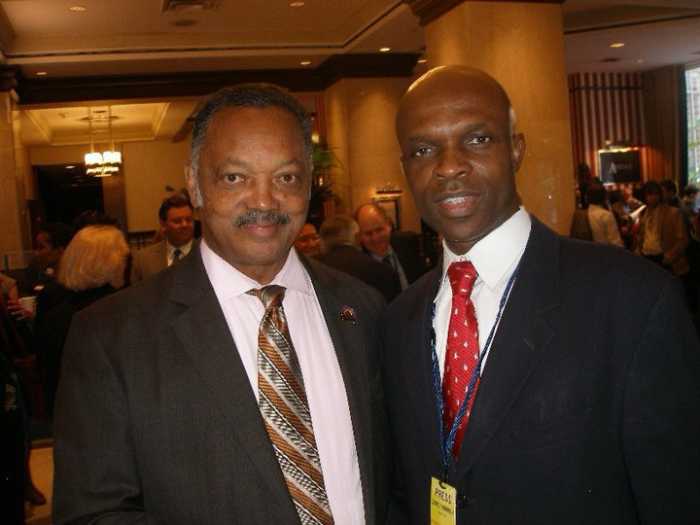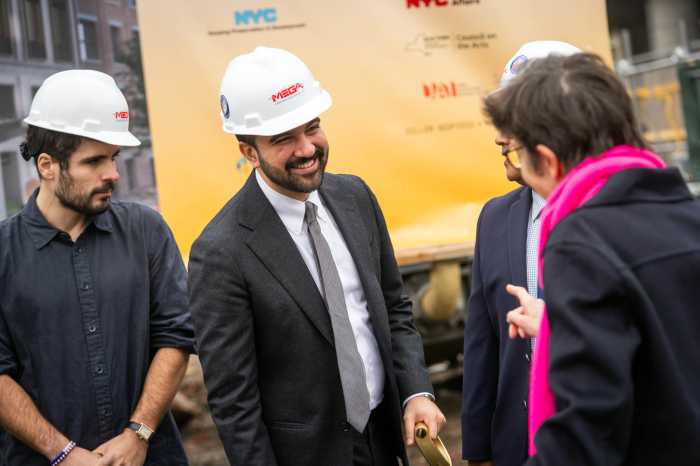The NYC Department for the Aging’s (DFTA) plans to restructure how the city delivers services to the elderly will affect not only seniors themselves but also their families, neighbors and friends. Queens Civic Congress is mindful that Queens has the highest concentration of elderly of any of New York City’s boroughs. Queens is also the largest borough, which in itself presents a challenge to seniors.
DFTA’s plans to restructure its programs for our aging neighbors are troubling. Queens Civic Congress is not convinced that that the agency’s promises of saving money by adopting the Bronx model of weekly delivery of bulk frozen meals to homebound seniors will save money, or more important, appropriately substitute for the daily interaction with a meals deliverer.
Queens Civic Congress understands that the Bronx pilot has resulted in annual savings of less than $200,000 (pennies per meal) and still does not deliver customized meals to clients with special medical or cultural requirements. This lack of cultural and ethnic sensitivity could deter participation in the program when meals provide a crucial connection to isolated seniors who otherwise may receive no social services, which they may need (and qualify for).
Converting successful senior centers into “wellness centers” to attract boomers without clearly preparing how to integrate the oldest and neediest seniors - the fastest growing cohort of the aging population - with a younger more active population is of great concern.
DFTA must disclose its plans to provide transportation to Queens seniors - many of whom are isolated by the very size of the borough and the dearth of reliable public transportation.
DFTA’s plans to transform how the city cares for its aging population proceeds without a coherent transition plan. At minimum, Queens Civic Congress urges DFTA to slow down the process.
In addition, it can and must consult with the larger community: civic groups, community boards and local faith based institutions.
Corey B. Bearak, Esq. is the president of the Queens Civic Congress
Develop Willets Point
BY ASSEMBLYMEMBER MARK WEPRIN
Willets Point - the name evokes images of decaying infrastructure, graffiti-blanketed automobile chop shops, pothole-ridden streets, and serious pollution. However, it does not have to be that way.
As Chair of the New York State Assembly Committee on Small Business, I believe it is important for government to be a partner that facilitates development, not an obstacle to it.
At Willets Point, the constant delays have forestalled progress for far too long on one of the greatest opportunities for redevelopment that New York City has ever seen. We must seize the moment and embrace a bright new future for Willets Point.
I see the future Willets Point as a beacon of bold, progressive development in Queens. The property around Flushing Bay can be converted into an area that rivals Baltimore’s Inner Harbor or Mystic, Connecticut; it can be a major waterfront tourist destination. The economies of Queens and New York City stand to benefit, to the tune of billions of dollars, from a mixed-use development that includes shops, restaurants, a hotel, convention center, housing and schools.
New York City already attracts millions of tourists every year, and most of them pass through Queens when they arrive at either of the two airports. Within a stone’s throw of Willets Point is Flushing Meadows-Corona Park, home to the New York Mets, New York Hall of Science, Queens Theater in the Park, Queens Museum of Art, Queens Zoo, and the United States Tennis Association’s Arthur Ashe Stadium.
Downtown Flushing, currently undergoing a renaissance of its own, is right next door, and so is LaGuardia Airport. The Long Island Expressway, Whitestone Expressway, Grand Central Parkway, and the No. 7 train provide easy access for locals.
In short, developing Willets Point will bring about the economic revitalization of a corner of our city that has huge potential, but has been ignored for too many years. It is time to put an end to the dawdling, pandering, and bickering that has come to characterize discussions about the redevelopment of the area. We cannot allow the opportunity to slip through our fingers.































